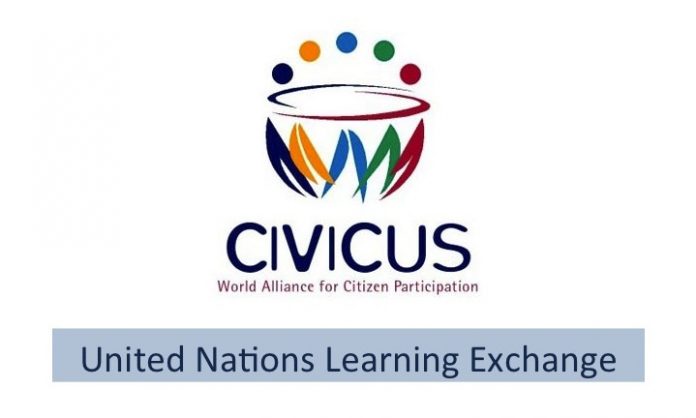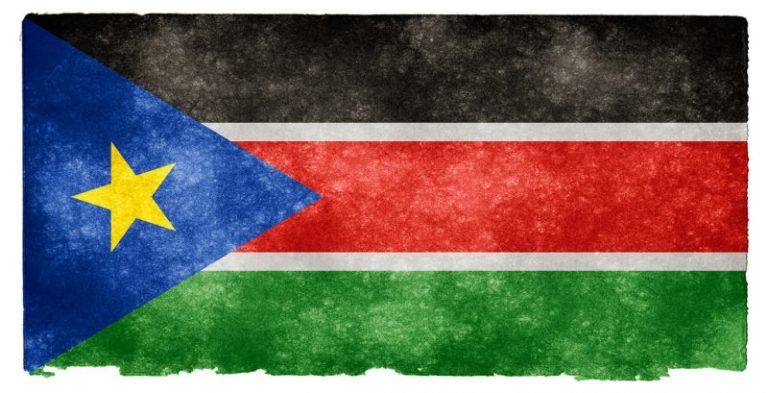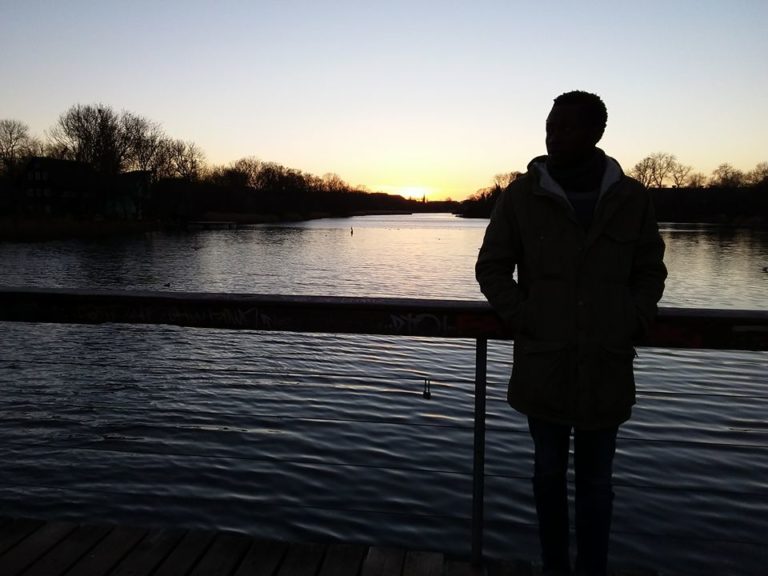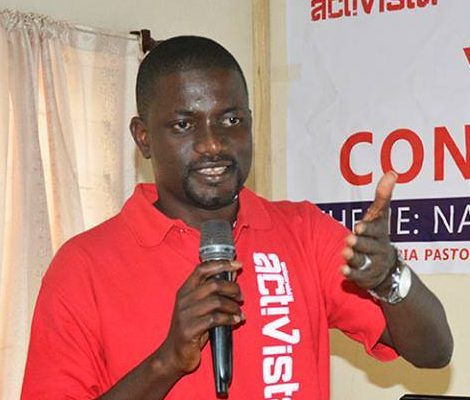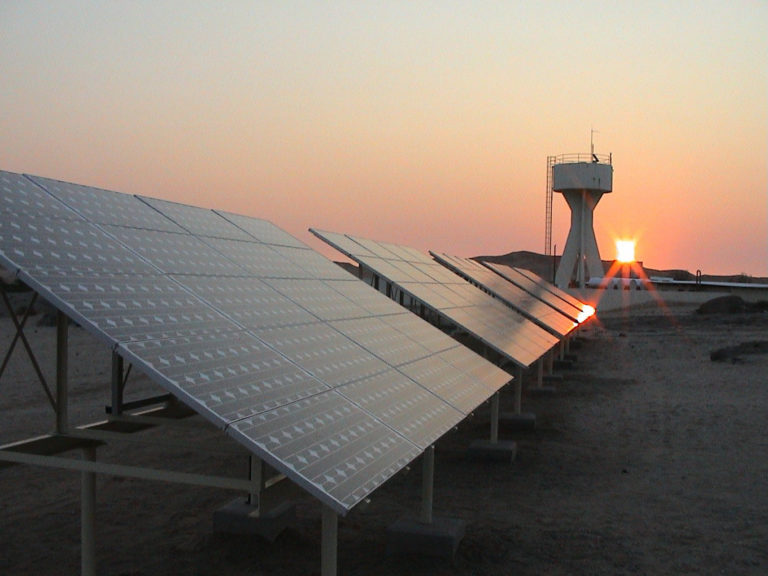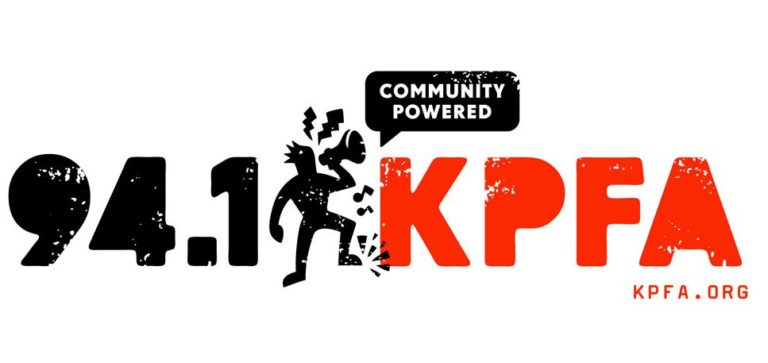“The reliance of our race upon the progress and achievements of others for a consideration in sympathy, justice and rights is like a dependence upon a broken stick, resting upon which will eventually consign you to the ground.”
-Marcus Garvey
In 2012 Dr. Nkosazana Dlamini-Zuma, who was serving as the chairperson for the African Union Commission, expressed her shock to find that more than 97% of the programs in the African Union were funded by donors. Dlamini-Zuma stated: “No liberated mind can think their development agenda can be funded by donors.” In the years since she made those remarks the situation has not radically changed. In July the AU announced that it was making financial reforms to reduce its dependency on foreign funding. This reform also means that the AU’s annual budget will be reduced by 12%.
The challenge that the AU faces in trying to break away from its dependency on foreign donors is that many African countries are not willing to invest in the AU. Good Governance Africa reported on this very issue last year, stating that:
However recent figures from the Centre for Citizens’ Participation in the African Union, which campaigns for the financing of Africa’s integration and development, show that the most indebted were Kenya, Ghana, Libya and Cameroon, as of 30 September 2013. Other countries in arrears were Niger, Mauritania, Mali, Madagascar, Guinea Bissau, Malawi, the Democratic Republic of the Congo, and Côte d’Ivoire.
Kenya owed $3.02 million while Ghana and Cameroon owed $1.3 million and $2.9 million respectively. Only 19 member states had cleared their dues, while four — Gabon, Zambia, Nigeria, and Ethiopia — had also paid a proportion of dues in advance for 2014.
This same report noted that three to five countries default on their payment each year. The issue is not so much that member states lack the money to pay their contributions to the AU. The issue is that many of them simply aren’t committed to shifting the AU into a completely African-funded institution. In 2017, Robert Mugabe donated $1 million to the AU to set an example for other African countries. Mugabe stated, “Africa needs to finance its own programs. Institutions like the AU cannot rely on donor funding as the model, it’s not sustainable.” Mugabe also expressed concern that foreign funding allows other powers to interfere with the work of the AU. This was precisely the issue that came up earlier this year when it was reported that China placed listening bugs in the AU headquarters. This is the same headquarters that China built for the AU. The Chinese also built the same computer network that they were allegedly spying on for five years. The report claimed that the Chinese inserted “backdoors” into the AU’s network which allowed them to transfer data. The Chinese government denied the allegations, but the whole controversy could have been avoided had the AU built its own network in the first place.
The lack of funding has also impeded the AU’s ability to independently resolve political issues. In 2013, the chairperson of the AU, Boni Yayi, called for NATO to intervene to help fight terrorism in Mali. When France, Britain or other European countries experience acts of terrorism they never call for the assistance of African governments, but African countries remain dependent on foreign powers to solve these issues, and typically the foreign intervention only makes the situation worse, as was the case of the NATO intervention in Libya. Yayi, the former president of Benin, apparently did not learn the lesson from the failures of NATO’s intervention in Libya and decided to invite NATO to intervene in Mali. Western intervention has never resolved the issue of terrorism, but it has often exacerbated the problem. Another example of this is in Somalia, where repeated foreign meddling led to the rise of terrorist organizations such as al-Shabaab. It is for this reason that the AU has to be more proactive in solving their continental problems rather than hoping that foreign intervention will resolve these problems. To accomplish this goal African leaders must make a serious effort to invest the necessary funds and resources that are required to strengthen the AU.
-Dwayne Wong Omowale

